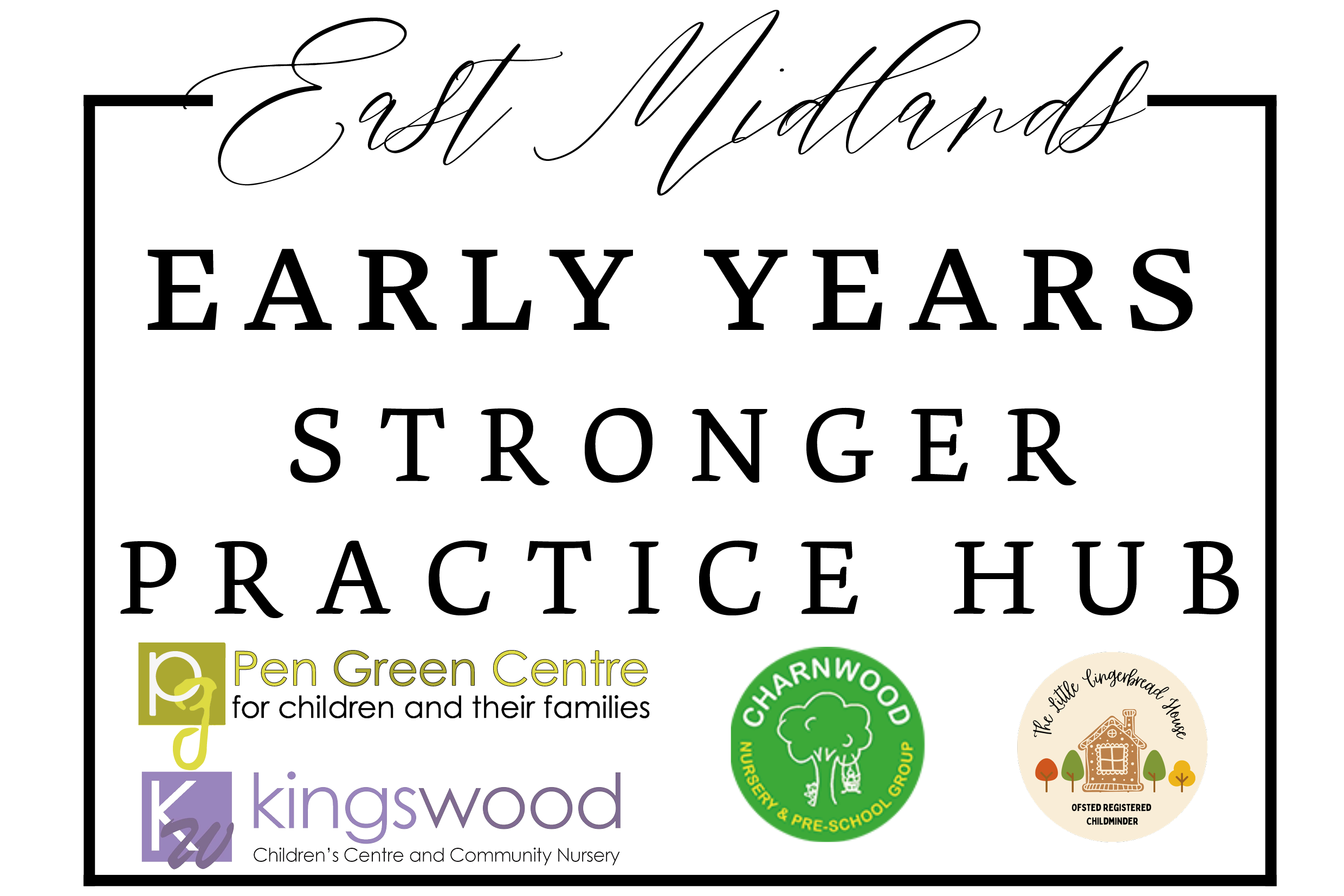Felicity Dewsbery is the Deputy Head of the Pen Green Centre for Children and their Families. She has been working in the field of Early Years for 32 years in various roles. She has two Masters from two different disciplines, both of which have deepened her theoretical underpinning to support her to work and lead within Early Years.
Her first MA is in Integrated Practice from Leicester University and her second in Psychoanalytical Observational Studies from the Tavistock and Portman Centre. She has just started a research doctorate to consider what happens within the early years supervision process.
Could Supervision be the answer to support the emotional well-being of the Early Years Sector?
I am currently 2 years into my PhD titled An exploration of ‘supervision’ to consider how it contains, supports and improves the ‘emotional labour’ and the ‘well-being’ of early childhood practitioners. The main research aims of the doctoral study is to explore the following;
- What is the act/process/experience of ‘supervision’ for early childhood practitioners?
- What unconscious and conscious processes happen within supervision?
- How does ‘containment’ enable the development of thinking within supervision?
- How does supervision support practitioners to develop themselves, enhance their well-being and improve their practice?
The early years sector is facing significant challenges such as recruitment and retention issues, a funding structure that does not enable settings to maintain high quality education and care and a pandemic that has had serious consequences on the well-being of staff, children, and their families. Supervision is a mechanism that has been written into the early years statutory framework (DfE, 2021) and could support the emotional labour (Hochschild, 1983) and well-being of early years practitioners with potential to transfer to other sectors such as education.
My model of supervision is relational and based on the work of Shohet and Shohet (2020). Supervision’s origins lie in social work or counselling and most literature originates from the United States. Kadushin (1976) emphasises that supervision has three main functions:
Educative – to develop the abilities, understanding and skills of the supervisee;
Supportive - to support the emotional demands of the supervisees work;
Managerial – to quality assure the practices of the supervisee.
In the 2012 and more recently in the 2021 statutory framework for the early years foundation stage the DfE have stated that; Supervision should provide opportunities for staff to:
Discuss any issues – particularly concerning children’s development of well being, including child protection concerns.
Identify solutions to address issues as they arise.
Receive coaching to improve their personal effectiveness (DfE 2021, p26)
These strands are echoed by Ofsted (2021) within the early years inspection handbook writing that;
"Inspectors will gather evidence of the effectiveness of staff supervision, performance management, training and continuing professional development, and the impact of these on children’s well-being, learning and development. This includes evidence on how effectively leaders engage with staff and make sure they are aware of and manage any of the main pressures on them."
Supervision in early years policy is a relatively new phenomenon, in 2011 b Tickell emphasised how confusing supervision was as it had so many dimensions to the process. She recommended that the early years foundation stage made clear what supervision means in practice and provide examples so that the sector could determine their own processes and procedures.
The recognition from Ofsted and the DfE that supervision should consider children’s well-being, learning and development and child protection concerns is significant. Both organisations have recognised how the mechanism of supervision should support the practitioners development of their ‘effectiveness’ making links to training and professional development as well as stimulating reflectiveness in leaders as to how they can relieve pressures on the practitioners.
Hawkins et al (2020) emphasise how supervision provides these developmental opportunities defining supervision as;
"A joint endeavour in which a practitioner with the help of a supervisor, attends to their clients, themselves as part of their client practitioner relationships and the wider systemic context, and by doing improves the quality of their work, transforms their client relationships, continuously develops themselves, their practice and the wider profession (p3)."
Pascal et al (2020) have explored in detail the impact Covid19 has had on the early years workforce stating that the workforce are ‘stressed and worn down’. The Anna Freud centre surveyed over 900 early years practitioners in 2020 and identified that the complexity of the work practitioners faced every day, issues such as domestic violence, drug and alcohol abuse and supporting the mental health of children and parents.
Over half surveyed stated that since Covid19 children showed higher levels of aggression and violence and that 91% of workers had faced challenging circumstances resulting in 70% feeling upset and stressed and ill equipped in being able to support the families they worked with (Nelinger et al, 2021).
I am not devaluing the significance of a child’s well-being instead embracing the work of Bain and Barnett (1980), Hopkins (1988), and Elfer (1996, 2012, 2014, 2015) who have all considered the emotional experiences of children and practitioners in nursery settings.
I believe that supervision can support the opportunity to process the emotional labour and complexity of the work, my thoughts are echoed by Wilmot (2008) who, when explaining supervision, writes,
"I see supervision as a hologram in which each moment contains everything that needs to be embodied, felt, and known. The different worlds of the client, supervisee, supervisor, and the outside world are simultaneously mirroring and co-creating each other. Supervision offers us the opportunity to become present to that moment of awareness so that the wound, disturbance, or disconnection that seems to be breaking us and everything apart is instead a road back home (p 88)."
Therefore, could Supervision be the answer to support the emotional well-being of the Early Years Sector?
